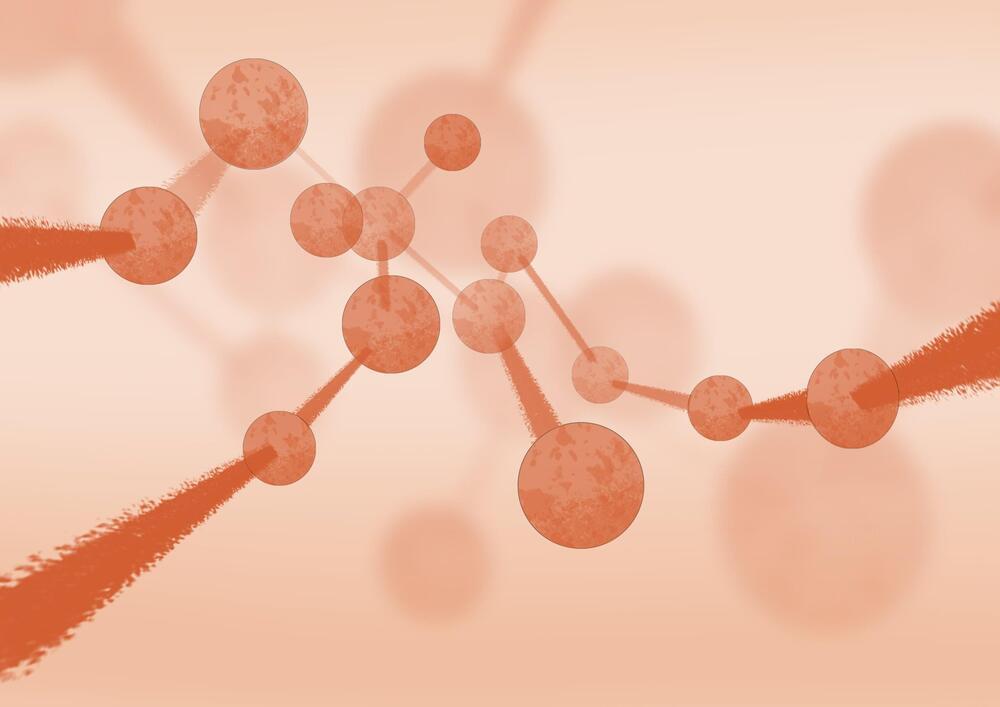A new machine learning model will help scientists identify small molecules, with applications in medicine, drug discovery and environmental chemistry. Developed by researchers at Aalto University and the University of Luxembourg, the model was trained with data from dozens of laboratories to become one of the most accurate tools for identifying small molecules.
Thousands of different small molecules, known as metabolites, transport energy and transmit cellular information throughout the human body. Because they are so small, metabolites are difficult to distinguish from each other in a blood sample analysis—but identifying these molecules is important to understand how exercise, nutrition, alcohol use and metabolic disorders affect well-being.
Metabolites are normally identified by analyzing their mass and retention time with a separation technique called liquid chromatography followed by mass spectrometry. This technique first separates metabolites by running the sample through a column, which results in different flow rates—or retention times—through the measurement device.










Comments are closed.